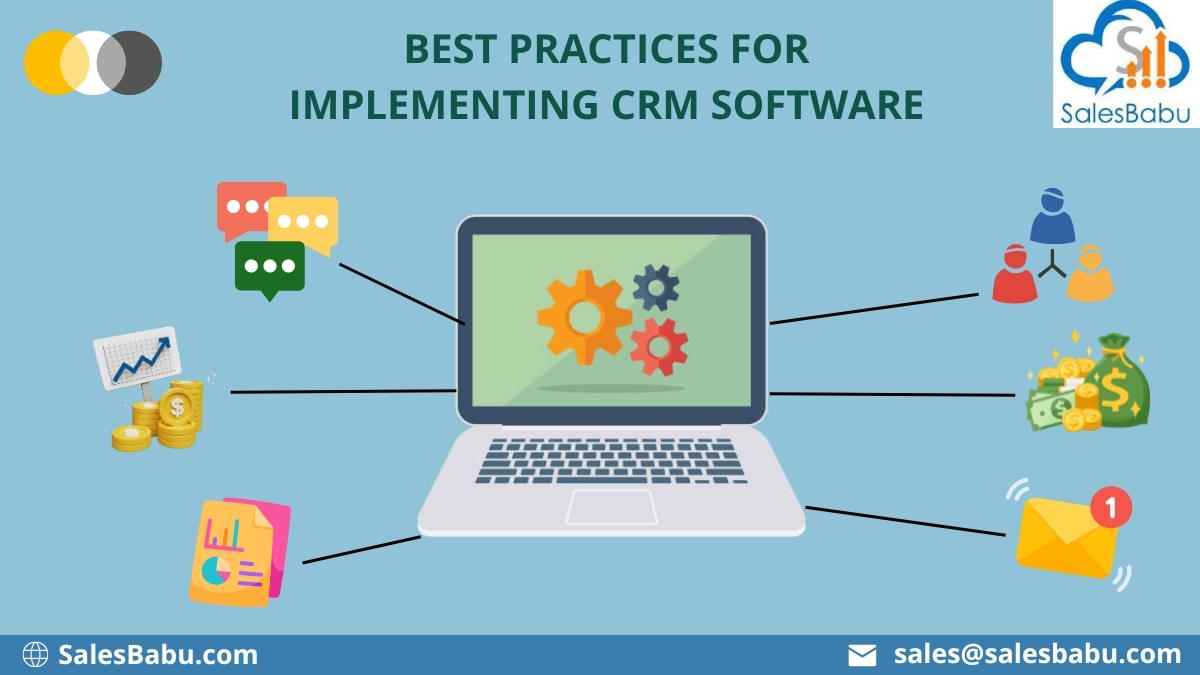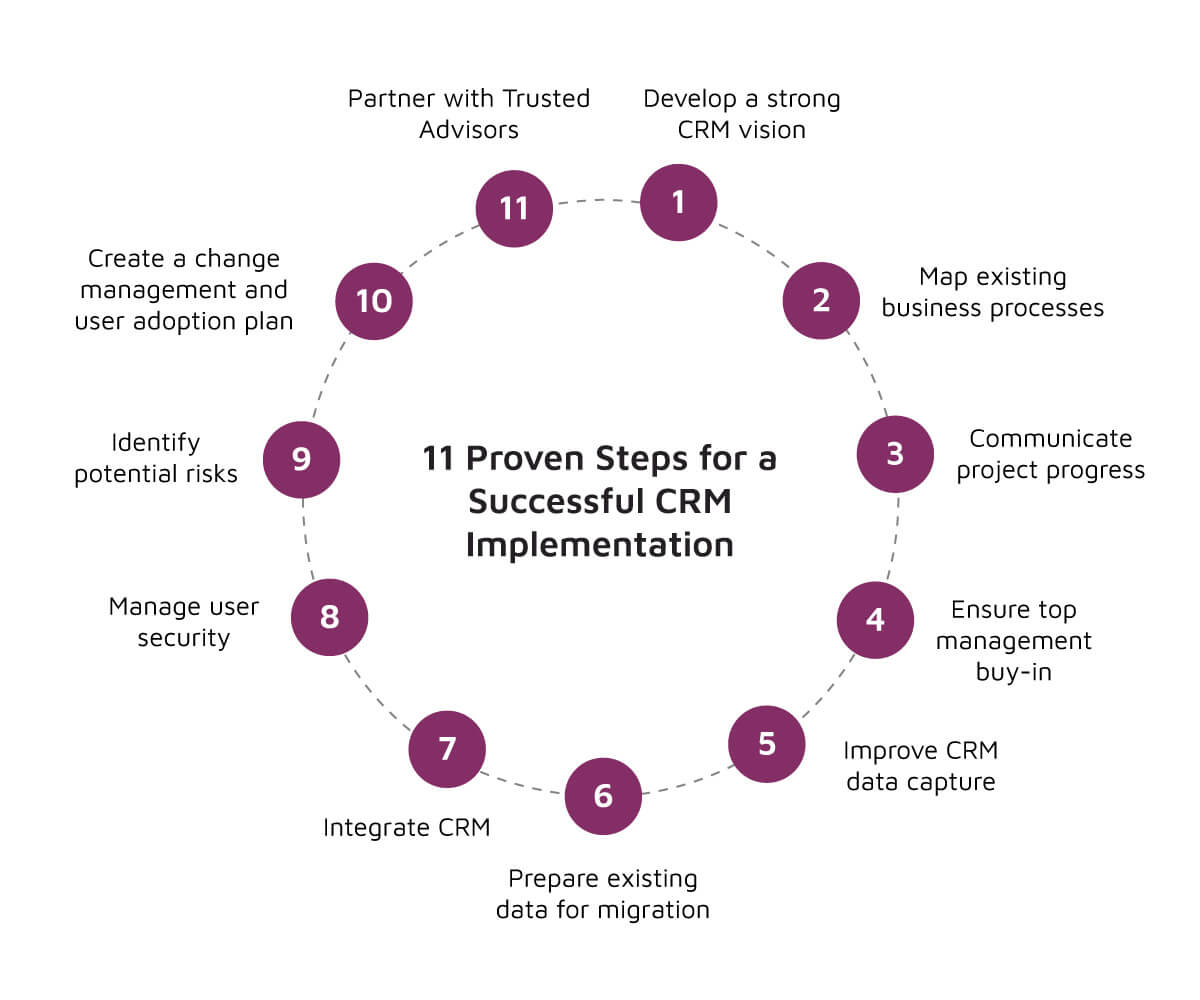In today’s competitive business landscape, lead management is a crucial aspect of marketing and sales strategies. It involves the process of identifying, qualifying, and nurturing potential customers, also known as leads, to convert them into paying customers. In this article, we will delve into the world of lead management, exploring its importance, benefits, and best practices.

What is Lead Management?
Lead management refers to the systematic process of identifying, tracking, and nurturing leads throughout their buying journey. It involves a series of activities, including lead generation, lead qualification, lead nurturing, and lead conversion. The primary goal of lead management is to build relationships with potential customers, establish trust, and ultimately drive sales revenue.
Importance of Lead Management
Lead management is vital for businesses of all sizes and industries. Some of the key reasons why lead management is essential include:
- Increased Conversion Rates: Effective lead management helps to identify and qualify leads that are more likely to convert into paying customers.
- Improved Sales Productivity: By focusing on high-quality leads, sales teams can prioritize their efforts and maximize their productivity.
- Enhanced Customer Experience: Lead management enables businesses to understand their customers’ needs, preferences, and pain points, allowing for a more personalized and engaging experience.
- Better ROI: Lead management helps to optimize marketing campaigns and sales strategies, resulting in a higher return on investment (ROI).
Benefits of Lead Management
The benefits of lead management are numerous and significant. Some of the most notable advantages include:
- Increased Revenue: By converting more leads into paying customers, businesses can drive revenue growth and expansion.
- Improved Customer Insights: Lead management provides valuable insights into customer behavior, preferences, and needs, enabling businesses to refine their marketing and sales strategies.
- Enhanced Competitiveness: Effective lead management helps businesses to stay ahead of the competition by identifying and capitalizing on new opportunities.
- Reduced Costs: By streamlining lead management processes and eliminating inefficiencies, businesses can reduce costs and improve profitability.
Best Practices for Lead Management
To implement an effective lead management strategy, businesses should follow these best practices:
- Define Clear Goals and Objectives: Establish specific, measurable, and achievable goals for lead management, such as increasing conversion rates or driving revenue growth.
- Develop a Comprehensive Lead Scoring System: Create a lead scoring system that evaluates leads based on their behavior, demographics, and firmographic characteristics.
- Implement a Lead Nurturing Program: Develop a lead nurturing program that educates and engages leads throughout their buying journey.
- Use Marketing Automation Tools: Leverage marketing automation tools to streamline lead management processes, such as lead tracking, lead scoring, and lead nurturing.
- Analyze and Optimize Lead Management Performance: Continuously monitor and analyze lead management performance, making adjustments and improvements as needed.
Common Challenges in Lead Management
While lead management offers numerous benefits, it also poses several challenges. Some of the most common challenges include:
- Lead Quality: Ensuring the quality and accuracy of lead data is a significant challenge.
- Lead Volume: Managing large volumes of leads can be overwhelming, particularly for small businesses or those with limited resources.
- Lead Conversion: Converting leads into paying customers is often the most significant challenge, as it requires effective sales strategies and techniques.
- Lead Nurturing: Developing and implementing effective lead nurturing programs can be time-consuming and resource-intensive.
Lead Management Tools and Software
To overcome the challenges of lead management, businesses can leverage a range of tools and software. Some popular lead management tools include:
- Customer Relationship Management (CRM) Systems: CRM systems, such as Salesforce or HubSpot, provide a centralized platform for managing lead data, interactions, and relationships.
- Marketing Automation Platforms: Marketing automation platforms, such as Marketo or Pardot, enable businesses to automate lead management processes, such as lead tracking, lead scoring, and lead nurturing.
- Lead Management Software: Lead management software, such as LeadMaster or LeadFormix, offers specialized tools and features for managing leads, including lead tracking, lead qualification, and lead conversion.
FAQ
- What is lead management?
Lead management refers to the systematic process of identifying, tracking, and nurturing potential customers, also known as leads, to convert them into paying customers. - Why is lead management important?
Lead management is vital for businesses of all sizes and industries, as it enables them to build relationships with potential customers, establish trust, and drive sales revenue. - What are the benefits of lead management?
The benefits of lead management include increased revenue, improved customer insights, enhanced competitiveness, and reduced costs. - What are the best practices for lead management?
Best practices for lead management include defining clear goals and objectives, developing a comprehensive lead scoring system, implementing a lead nurturing program, using marketing automation tools, and analyzing and optimizing lead management performance. - What are the common challenges in lead management?
Common challenges in lead management include lead quality, lead volume, lead conversion, and lead nurturing.
Conclusion
In conclusion, lead management is a critical aspect of marketing and sales strategies, enabling businesses to build relationships with potential customers, establish trust, and drive sales revenue. By understanding the importance, benefits, and best practices of lead management, businesses can develop effective lead management strategies that drive growth, expansion, and profitability. Whether you’re a small business or a large enterprise, lead management is essential for success in today’s competitive business landscape. By leveraging the right tools, software, and techniques, you can overcome the challenges of lead management and achieve your business goals.
Closure
Thus, we hope this article has provided valuable insights into Effective Lead Management: A Comprehensive Guide. We thank you for taking the time to read this article. See you in our next article!


